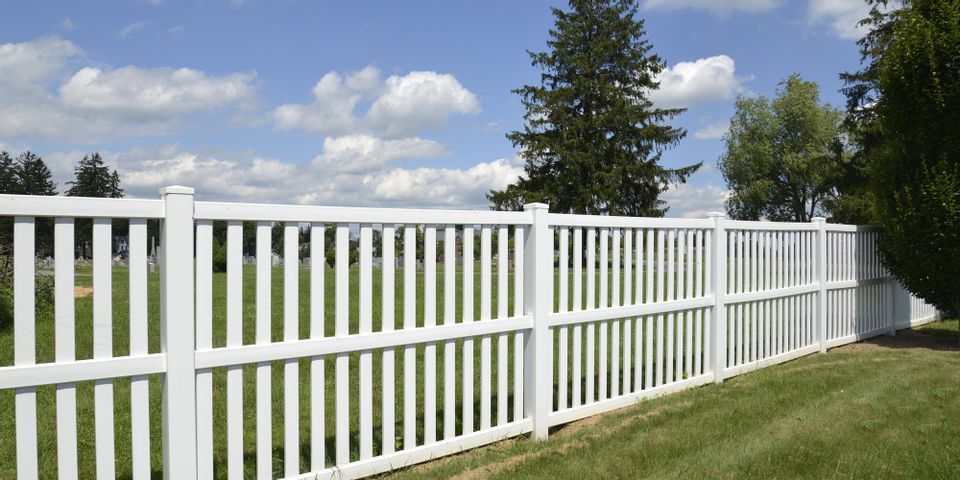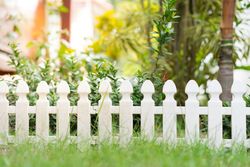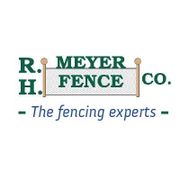Answers to Frequently Asked Questions About Vinyl Fences

Because vinyl fences aren’t porous, they won’t warp and corrode in wet conditions like wooden fences do. That’s why vinyl is a popular choice for homes in cool, damp climates. To help guide your decisions when researching fencing options, below are answers to basic questions about synthetic fences made of vinyl.
Vinyl Fence FAQ
What colors are available?
To prevent the color from fading, vinyl fences are made with titanium dioxide, a UV inhibitor that provides protection from cracking. Titanium dioxide is white, which is why vinyls often come in neutral and lighter tones. Darker colors absorb UV rays, which could cause premature aging.
Is vinyl vulnerable to temperature fluctuations?
 During heat waves, some vinyl fences can shrink and expand, and cold can cause some to lose flexibility and strength. Unless something hits a vinyl fence at full force, it shouldn’t degrade after exposure to temperature extremes.
During heat waves, some vinyl fences can shrink and expand, and cold can cause some to lose flexibility and strength. Unless something hits a vinyl fence at full force, it shouldn’t degrade after exposure to temperature extremes.
What are the care requirements?
Vinyl fencing is easy to maintain. Wiping the surface down with a solution of water and mild detergent will wash away dirt, water deposits, chemical residue, and grime. Use a pressure washer to remove any stuck-on gunk.
How long do vinyl fences last?
Because vinyl is moisture-, pest-, and fungus-resistant, it is very durable. With proper care, your investment could last 20 to 30 years. Inspect your fence regularly for damage and wear, and consult with your fencing contractor about any issues of concern.
Whether you want to erect a vinyl fence to boost security or curb appeal, the professionals at R.H. Meyer Fence Co. are eager to help you. Based in Cincinnati, OH, the company supplies and installs high-quality chain-link, vinyl, and aluminum fences in the Hamilton County area. To find out more about the products and warranties, call (513) 385-1188 or visit them online.
About the Business
Have a question? Ask the experts!
Send your question

